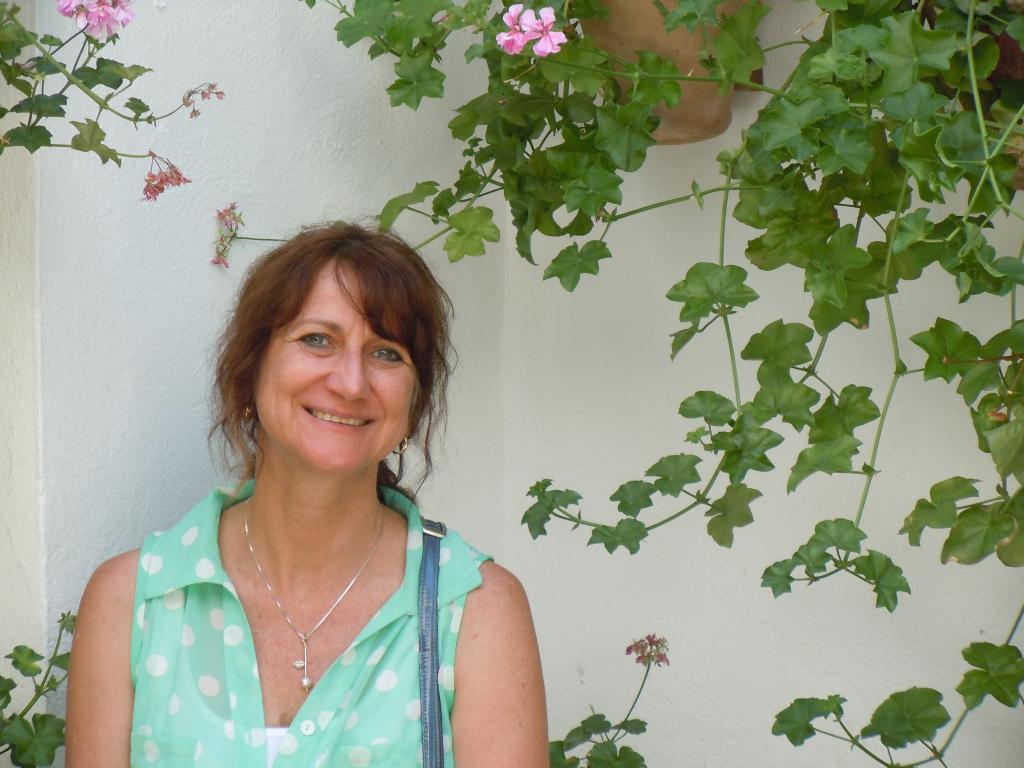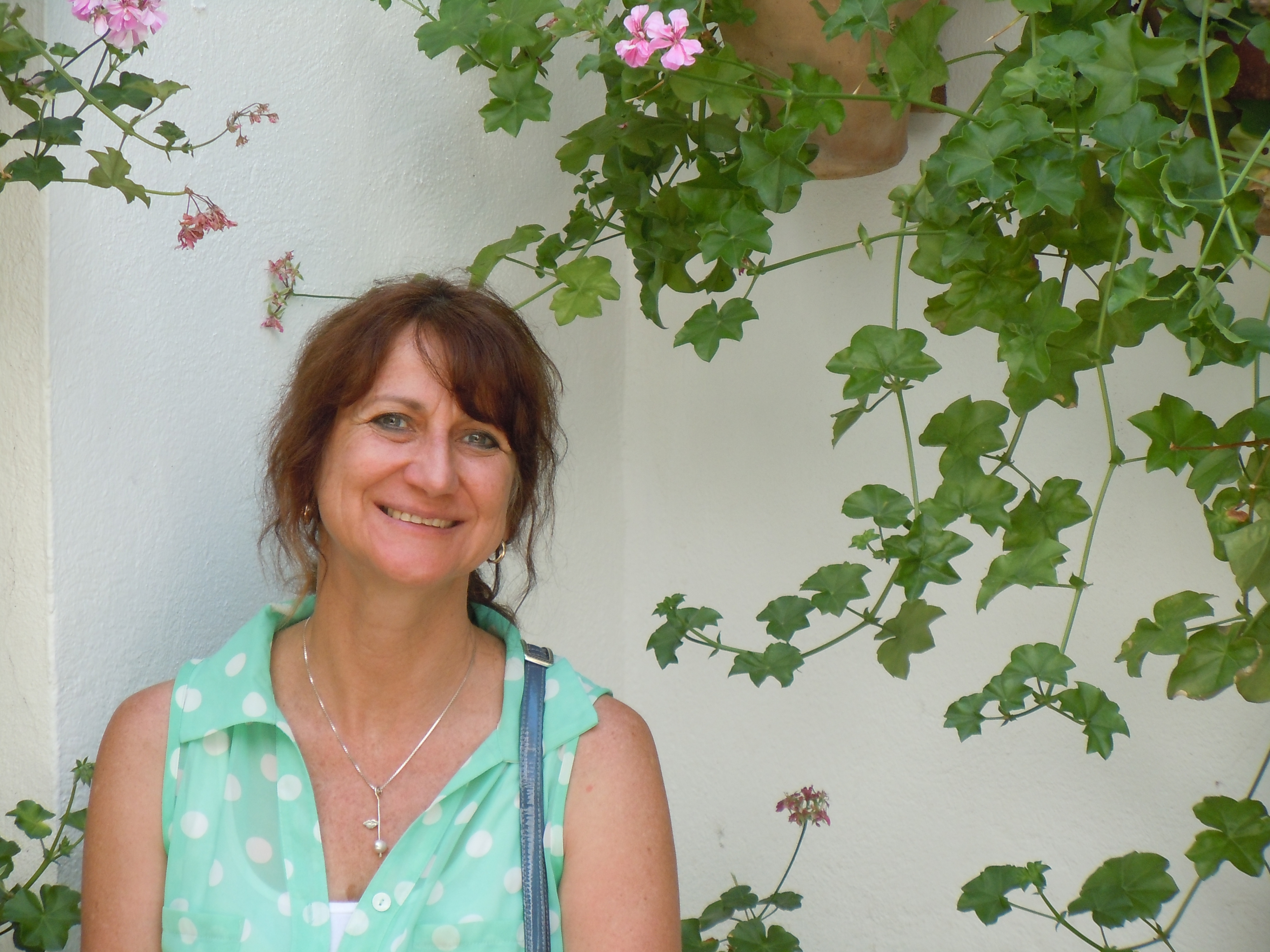Message from Sheona Shackleton, Deputy Director of ACDI for Women’s Month

August is Women’s Month in South Africa. It is a time to celebrate the outstanding contributions women have made in our society, from the role they played in the country’s fight against apartheid to the significant impacts they continue to make today in science, education, commerce and industry. It’s about putting women in the spotlight and acknowledging their achievements. Nevertheless, sadly, women are still not fully recognised for their valuable roles in society nor their ability to perform equally to men.
Recognising this disparity and the importance of gender equality for sustainable development, gender equality has been specifically named as one of the United Nations 17 Sustainable Development Goals in the 2030 Agenda for Sustainable Development. Goal 5, on Gender Equality, recognises that “women and girls represent half of the world’s population and, therefore, also half of its potential”.
The enormous potential of women to add value to our world applies in all walks of life including knowledge development, science, research and academia. Yet, women continue to be underrepresented in these spheres. At present, less than 30 per cent of researchers worldwide are women. This is reflected in the structure of our universities and research institutions, where most of the leadership is male. We are proud that UCT breaks this mould! And, moreover, that ACDI has so many excellent female researchers.
Women scientists and academics often face a double burden – managing their home life and advancing their knowledge contributions to their field, as well as meeting other requirements of the job such as teaching and administration. The struggle to create a work-life balance often leaves women at a disadvantage in the workplace. This struggle has particularly been brought to the fore during the COVID-19 pandemic. Several articles I have read have mentioned how women scientists are working late into the night to get their work done or to write their papers. One of my own PhD students is an example – I received an email with a revised chapter at 1:00 am in the morning as she could not write during the day while she cared for her two young children. Gender equality in research means recognising these constraints, valuing the multiple roles women play, and dismantling the numerous barriers that prevent women from advancing in their careers.
As a young researcher, I was extremely lucky to be able to organise to reduce my hours after the birth of my two children and increase them again when I was ready – mainly due to having a centre director who was sympathetic to my needs as a mother, recognised my worth and respected me and who was willing to be flexible. When I moved to CSIR with two young children it took some convincing to get them to appoint me in a part-time post. But, during the period I was employed, management realised that I more than pulled my weight during the hours I worked and was as productive as many a full-time employee. This opened the door for other women to become part-time. Such a working arrangement did not in any way diminish my value as a researcher and an asset to my institution nor prevent me from becoming who I am today. Rather it helped me in my career goals and to position myself to become a recognised researcher in my field. However, unfortunately, I feel that, three decades on, such flexibility is still very rare. There is clearly still a huge need to shift mind sets.
Many women do their PhDs later in life. I was 40 when I started my PhD and was prevented from applying for numerous scholarships because of my age. Even the University that bestowed a full professorship on me a few years later, maintained, when I applied to them for a PhD scholarship, that I was not the usual fit and therefore, despite a good CV, they could not support me. However, I got my funding elsewhere, did my PhD and then focussed on my career as my children became more independent. I became a full-time staff member of my then University (Rhodes) in 2008. I worked hard, and now here I am today writing this blog.
The pathway has not been straight forward and being a woman researcher/academic has its challenges. There has been many a time when I felt my voice was not heard, when I felt intimidated to speak out, when I doubted myself, when I felt undermined and when I felt I was juggling too much. I have been in many meetings where I was the only woman. But, doing excellent research, publishing it, and bringing in funding to support postgraduates and teamwork does bring respect and support advancement. There are increasing opportunities out there and many good people to partner with who will recognise you for your unique contributions.
So, to all the early career woman researchers working in climate change and development, keep up the good work. You can become one of the many woman scientists in this field who are leading the way.
